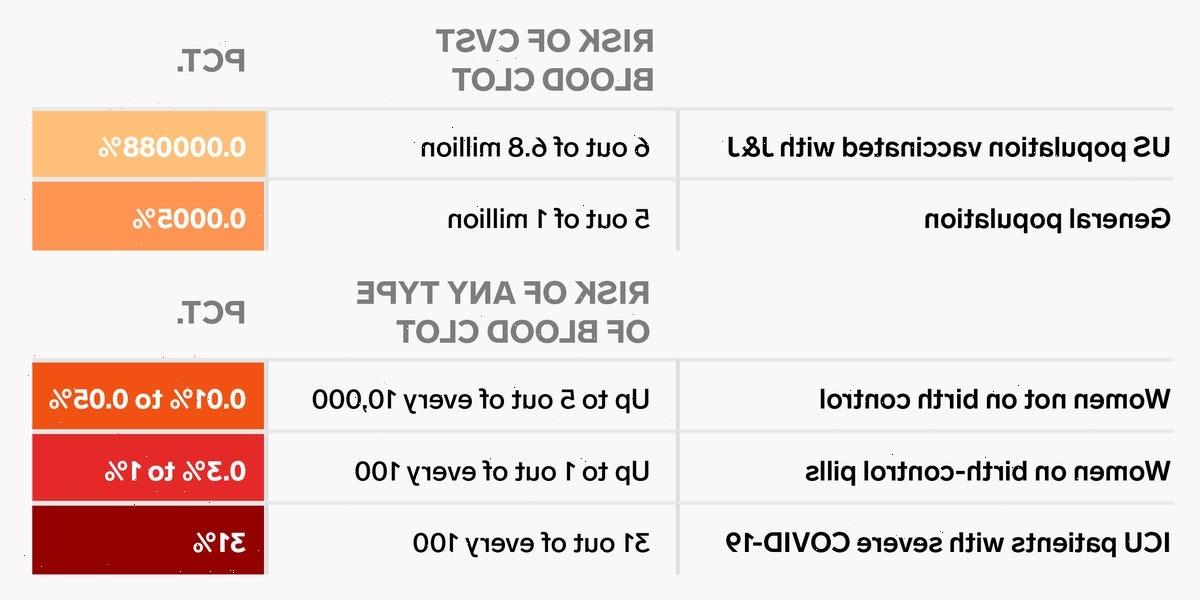RUTH SUNDERLAND: As surge in EU exports defies doom-mongers, how I pity the Remainers who have been proved so wrong (and I voted to stay!)
No one enjoys being wrong. Yet some diehards in the Remain camp take the natural human propensity for wanting to be right to the extreme.
They are so desperate to be proved correct in their view that Brexit is a disaster, they seize on every negative number with lip-licking relish and trot it out as ‘evidence’ the UK economy is already withering away outside the EU.
The Schadenfreude, the sheer delight with which they pounce on any sign of a setback, comes perilously close to wishing failure on this country.
Never mind that it would mean misery, impoverishment and the dole queue for one’s fellow citizens: at least they would have proved their point.
Resilience
No wonder, then, that some arch-Remainers leapt on the seemingly dreadful January trade figures, the first after the UK finally left the EU.
The numbers, which showed a fall in exports to the bloc of 42 per cent, were ‘cataclysmic’ in the eyes of Left-wing Guardian columnist Polly Toynbee.
According to her, the data showed that trade was not merely dwindling away like a ‘slow puncture’. No, it had been totally torpedoed by a Brexit ‘big bang’. The January figures should ‘shake the Government to the core’, she wrote.
As it turns out, there was no need for Boris Johnson to quake in his boots. A mere month later, exports to the EU rebounded with a 46.6 per cent rise in February, making up for the ground lost in the previous month, plus a bit more.
People queue to take a Covid-19 test at a mobile novel coronavirus testing centre on Clapham Common in south London, on April 13
So, to the chagrin of the Toynbee tendency, the latest data are in fact a testament to the resilience of British exporters, not the herald of their terminal decline.
Far from exports plunging off a Brexit cliff-edge, they have rallied impressively, despite the frictions of leaving the EU and the little matter of a once-in-a-century pandemic.
True, we have not made any great advances and are more or less where we were before the January plunge. But the fact that the slide has been reversed so rapidly is in itself grounds for optimism.
By now, Remainers will no doubt be scoffing that I am just another mouthpiece of the pro-Brexit Press.
Not so. This newspaper backed Brexit but I personally voted Remain — and I don’t regret it, as I still believe the UK economy would have done better inside the EU than out.
I also, however, believe in democracy; and in the futility of continuing to fight battles that have already been lost. The shape of the UK economy will be different because of Brexit, but we can still prosper.
Sadly, Left-wing commentators are not the only ones to lard on the gloom.
Even the intelligent and humane Matthew Parris, a former Conservative MP turned columnist for The Times, complained after the January figures that Brexit is failing to deliver the great boost to exports we were promised.
‘Where,’ Parris demands to know, ‘are the great new trade deals?’
He should ask Liz Truss, the International Trade Secretary, who also voted Remain: her officials have done deals with 65 countries. Some people are unimpressed that the tally does not yet include big economic fish such as the U.S., but she is just getting on with the job.
Anyone taking a dispassionate view of the situation, shorn of glib Remainer or Brexiteer rhetoric, would acknowledge that it is too soon to form a definitive judgment.
Only two sets of monthly trade figures have been produced since the transitional arrangements ended. Both are subject to distortions that make it impossible to draw sweeping conclusions.
The Office for National Statistics warns explicitly that the recent monthly data are erratic and volatile.
Some of this is down to the short-term upheaval of leaving the EU. Businesses in the UK and on the Continent stockpiled goods in November and December, in case of glitches.
They then ran down those stockpiles, rather than ordering new supplies. As a result, the trade figures for January were depressed and looked significantly worse than the underlying reality.
No wonder, then, that some arch-Remainers leapt on the seemingly dreadful January trade figures, the first after the UK finally left the EU. The numbers, which showed a fall in exports to the bloc of 42 per cent, were ‘cataclysmic’ in the eyes of Left-wing Guardian columnist Polly Toynbee
By the same token, the figures for February, when they began ordering again, may have been flattered.
Meanwhile, Covid has had an enormous effect on trade, independent of Brexit.
The agreement signed with the EU over Christmas on the trade in goods was a big positive. Unfortunately, it pretty much coincided with the discovery of the ‘Kent strain’ of the virus and the temporary closure of the border with France. Then in January, the country was flung back into lockdown.
Against that backdrop, the revival of exports in February looks pretty robust.
As several leading City economists point out, it indicates that companies are adapting to lockdown conditions and have been quick to overcome Brexit disruptions.
Doubts
It is also worth noting that the total trade deficit — the amount by which our imports exceed our exports — was largely the result of a fall in exports to non-EU countries and a corresponding rise in imports. Brexit, of course, has no bearing on this.
I certainly don’t deny that leaving the EU has created problems for exporters, particularly smaller firms. Many of these companies have only ever traded with Europe and so have had to get to grips with swathes of complex red tape for the first time.
The trade rules for Northern Ireland always threatened to be a nightmare and so it has proved, with violence erupting on the streets of Belfast.
And while the agreement on goods was a major breakthrough, we still do not have one for financial services.
These difficulties — along with my doubts about the competence of politicians to deliver a satisfactory deal —were among the reasons why I voted Remain.
The one episode that has made me doubt my choice to vote Remain was the threat by Ursula von der Leyen to block vaccine exports to the UK
Some of these problems, we can now see, were glossed over by Brexiteers. There is a great deal of work still to be done.
But one thing firms have proved through Covid is their resilience — backed by inventiveness and flexibility. These qualities mean they will thrive in the long term post-Brexit.
Futile
The economy overall has stood up well to the lockdowns. Our recovery is likely to be stronger than that in the Eurozone, thanks to our faster rollout of vaccines.
And there is a bigger picture which we ignore at our peril. Spats between the Leave and Remain camps look parochial set against the huge damage inflicted by Covid on the world economy and global trade.
Even before the pandemic, the spectre of protectionism was starting to reappear.
Among the many dangers of the coronavirus is that it will create a witches’ brew of fear, blame and the narrow-minded nationalism that is the enemy of trade. On which subject, the one episode that has made me doubt my choice to vote Remain was the threat by Ursula von der Leyen to block vaccine exports to the UK.
Ours has always been an outward-looking nation that enjoyed the fruits of open trade. This has brought benefits to consumers: cheaper prices and more choice. Our companies have been able to sell into overseas markets and attract investment from around the world.
The Government should strain every sinew to help our exporters; and the UK should take the lead in supporting open trade around the world.
As for Remainers, we need to stop wallowing in futile old arguments at a time when the economy needs every ounce of energy we can muster.
Source: Read Full Article





